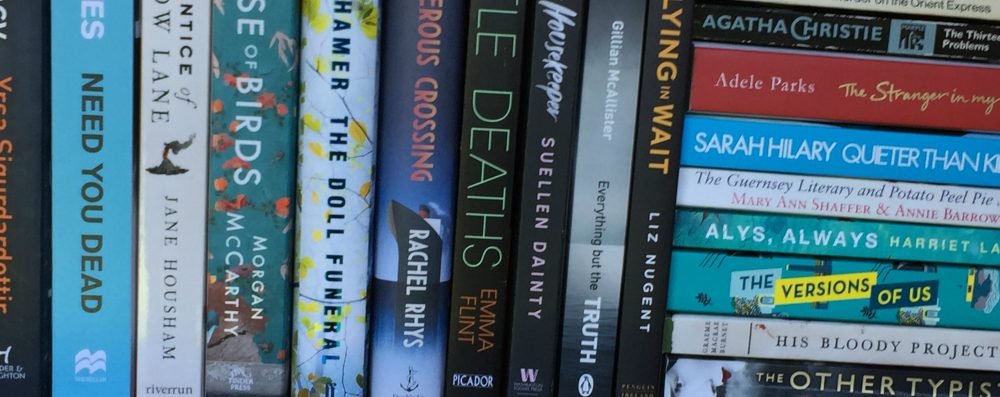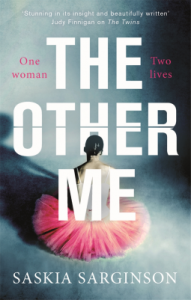
3*s
I instantly got the feeling that Jeffrey Konis has written this beautiful book with a sense of guilt and regret. The pages are full of the stories he imagines his Grandmother’s younger sister, Grandma “Ola” would have told him if only he’d asked the questions, alongside this are a few too many descriptions of the hard work he was doing to establish himself at law school as justification for not doing so.
The first section describes Jeffrey moving into the brownstone house with Olga when she was an elderly lady, to help him out with accommodation while he studied and for him to provide company to the woman who had taken on his father following the end of the war when he was alone in the world. Olga took the young boy from the farm where he was found in Poland to America after surviving the Holocaust. It took me a while to become comfortable with the mix of fact and fiction in this book. This was mainly because it is presented as a story as told in parts by an elderly lady, complete with breaks where her memory fails or the details are simply too hard to express, when of course we know that these painful conversations never happened. However, there is a large element of truth regarding the ‘big picture’ which is sadly all too common to many Jewish families following the Holocaust.
Once the first section is over and Grandma Ola is describing what happened during the war, the trip by railway to a concentration camp being one of those that was only too realistic, then the details flowed off the page less self-consciously. The author delves back into Olga’s past from a childhood through to the early days when the Jews were viewed by suspicion by their neighbours right through to herref move to America and the fresh start with her husband and Jeffrey’s father.
The author also uses the book to explore the meaning of being a Jew in the modern world, including the exploration of whether marrying someone out of the faith is really feasible, for both parties, even should the woman choose to convert. This isn’t an author that doubts his faith, but rather is questioning what it means in terms of values that are shared in the community and that they are woven into the thread of the person from the earliest of days.
With its interview style the Jeffrey Konis adopts a somewhat more formal style than you would imagine family members would usually converse in although the author works hard to minimise this with descriptions of cookies served up each time he sat down with his imaginary notebook to listen to Olga’s stories.
I found that the part devoted to the war years easily the most powerful section of the entire book and perhaps because his questions became sparser allowing the imagined dialogue of Olga to proceed without interruption, the most readable section of the book.
An interesting book presented in a novel way that gets down and personal with a generation of people whose lives were changed forever.
This book is the ninth in my Mount TBR 2017 Challenge having been purchased in September 2016 to qualify.

First Published UK: 2016
Publisher: Outskirts Press
No of Pages: 208
Genre: Historical Fiction
Amazon UK
Amazon US

